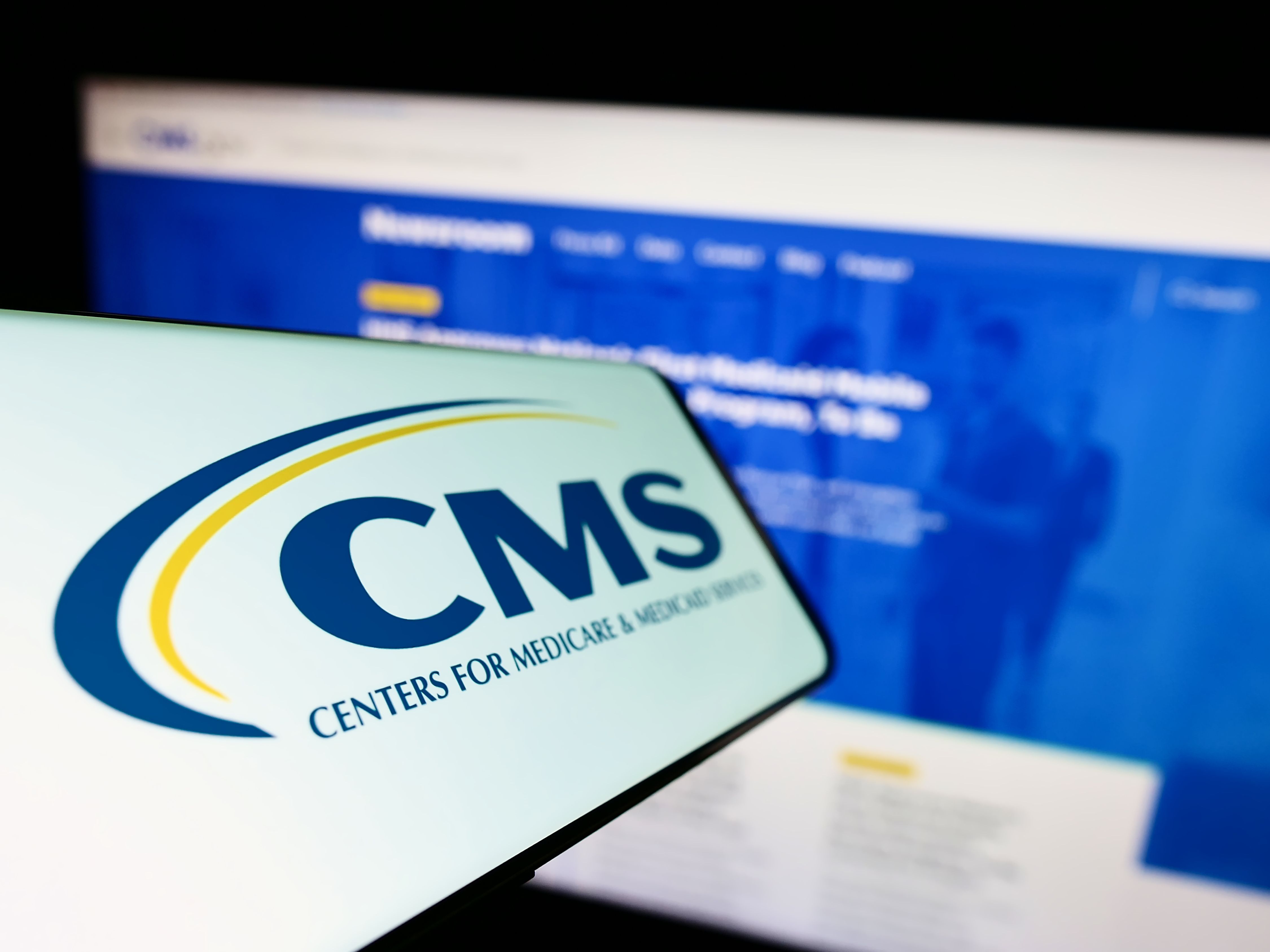Article
Financial Problem Solved! "Picking a mutual fund is too hard"
We rank the critical factors when picking a mutual fund
FINANCIAL PROBLEM SOLVED!
"Picking a mutual fund is too hard"
Problem
I feel like there are too many factors to consider when choosing a mutual fund. I'm supposed to look at asset class, performance over various time periods, load, expense ratio, beta, turnover, tax efficiency, and on and on. I can't believe they're equally important. Which are crucial, and which can I overlook?
Solution
People sometimes slave over the microeconomics of a fund decision, like the load, expense ratio, and one-year performance, but these can have less impact on your return than macroeconomics issues such as asset allocation, holding period, and portfolio rebalancing.
I'd rank the critical factors when picking a mutual fund in this order of importance:
(1) Overall asset allocation. That's the mix of money market, bond, large-cap, small-cap, international, growth, and value stocks, real estate, and other investments in your portfolio. The allocation should be based on your risk tolerance, time frame, and goals.
Asset allocation is responsible for most of the total return in a portfolio.
(2) Long-term performance. For individual fund selection, five- and 10-year performance is most important. Look for returns equal to or above those of the fund's benchmark index. I'd give significantly more weight to a fund's 10-year average than to its one-year return. Investors who chased one- and three-year returns in the late '90s bought large-company growth funds and ended up losing up to 80 percent or more of their investment during the bear market that started in 2000. Of course, past performance does not indicate future results.
(3) Management. Make sure that the manager responsible for the fund's past performance is still at the helm. I'd hesitate to buy a fund with a great 10-year record if it has a new manager. (Just look at how the Chicago Bulls' performance sank after Michael Jordan left!) Continuity of management is a big deal, especially in funds not run by a team of people.
(4) Expenses. If you have a long time horizonsay, 20 yearsa fund's annual operating expenses are more important than whether it has a front load. If a fund has no load but charges you 1.5 percent per year for expenses, it will cost you far more over time than a fund that charges 5 percent to buy but only 0.6 percent annually to operate. The shorter your time horizon, though, the greater the effect a front load will have on your overall returns.
If you find two comparable funds and either would fit into your strategy, I would choose the one with lower expenses and load.
(5) Tax efficiency and turnover. Tax efficiencya fund's ability to trade securities in ways that minimize gains taxable to shareholdersis important only if you're holding mutual funds outside of a tax-deferred account such as a 401(k), IRA, or annuity.
A fund with high turnover tends to buy and sell assets frequently over a year's time, rather than hold onto them. Generally such a fund will be less tax efficient than one with low turnover. That's because the lower 15 percent capital gains tax rate applies only to assets held for more than 12 months.
(6) Beta. This value measures a fund's relative volatility. A beta of less than 1.0 means the fund should be less volatile than the overall market; a higher beta means it's apt to be more volatile. Comparing a fund's beta with those of similar funds also helps put its potential volatility in perspective.
This issue's problem solver is Marshall W. Gifford (marshall.gifford@northstarfinancial.com), a financial adviser with North Star Resource Group in Minneapolis. Financial Problem Solved! is edited by Senior Editor Leslie Kane.
Do you have a question you'd like a financial adviser to address? Please submit it via e-mail to Solved@medec.com, or by regular mail to Medical Economics, 5 Paragon Drive, Montvale, NJ 07645. ATTN: Financial Problem Solved! If we select your query, we'll address it in an upcoming issue. Your name will not be used.
Leslie Kane. Financial Problem Solved!
Medical Economics
Oct. 10, 2003;80:92.





